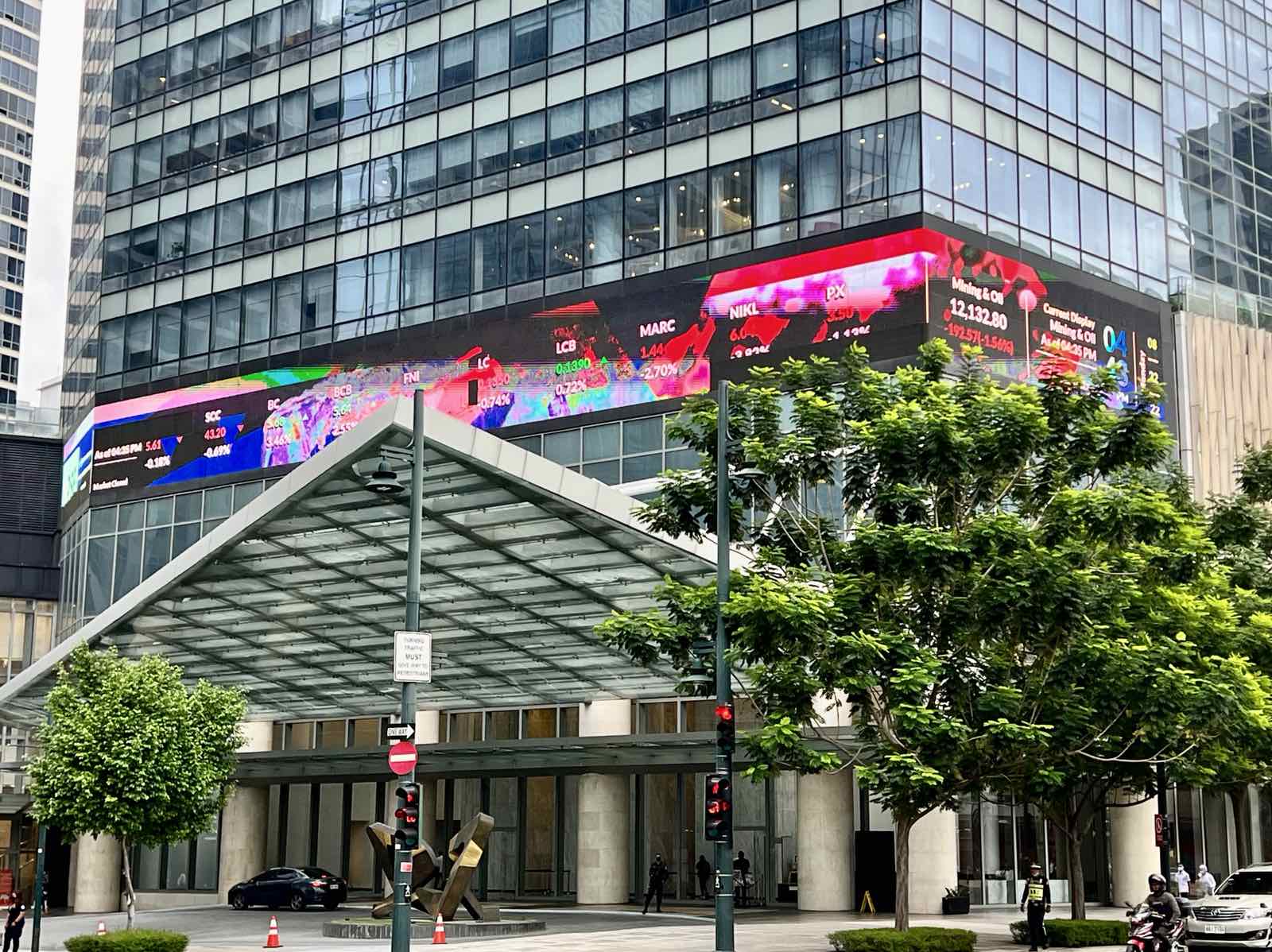
SYDNEY, Australia — The government of cash-strapped Vanuatu will soon settle into a suite of new buildings funded by China, a move likely to reignite concerns about Beijing's reach in the South Pacific nation.
At an official handover ceremony conducted in front of a towering China Aid billboard, Vanuatu's Prime Minister Charlot Salwai announced the opening of the nation's sweeping new presidential palace.
The project also included the construction of a new finance ministry and renovations to Vanuatu's foreign affairs department, China's embassy said in a statement on Tuesday.
Australian think tank Lowy Institute estimated that China had spent upward of $21 million on construction, a significant sum for an aid project in the developing nation of fewer than 300,000 people.
China's embassy said the project had gifted Vanuatu "another landmark building," while symbolizing a new "milestone" in their increasingly warm relationship.
A Chinese delegation handed Salwai an oversized novelty golden key — also emblazoned with "China Aid" — kicking off a festive opening ceremony replete with Chinese dragon dancers and the brewing of the ceremonial kava drink.
Local media reported that hundreds of public servants would work rent-free inside the new buildings.
China is "committed to developing friendly cooperation with Pacific island countries," including Vanuatu, Beijing's Foreign Ministry spokesman Mao Ning told reporters in the capital Beijing.
Vanuatu is heavily indebted to China: about 40 percent of its external debt is owed to China's Exim bank, the Lowy Institute said.
China has funded a swathe of major infrastructure upgrades across the archipelago, part of an intensifying scramble for influence pitting Beijing against Western rivals.
Chinese Ambassador to Vanuatu Li Minggang has said that Beijing is ready and willing to "step up pragmatic cooperation in this field."
But there are fears that Vanuatu and other Pacific states, such as Tonga and the Solomon Islands, are increasingly vulnerable to what critics have described as China's "debt-trap diplomacy." AFP
Read The Rest at :



